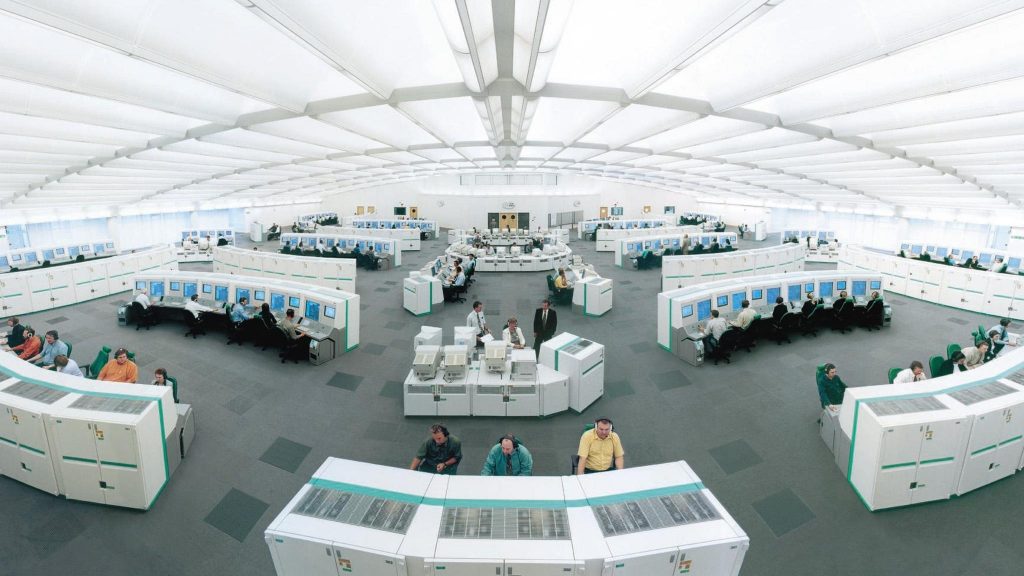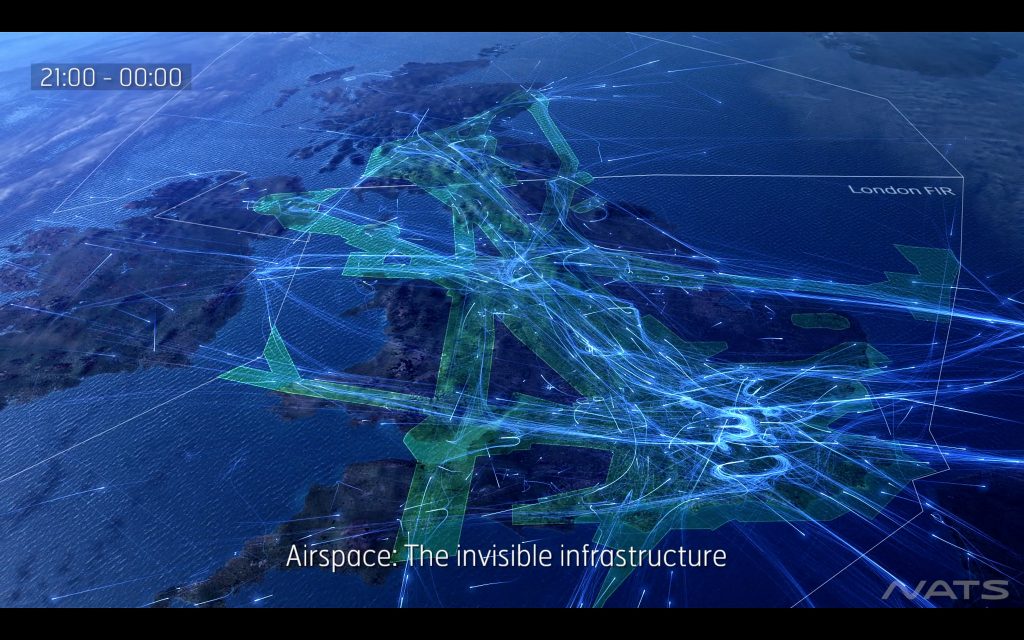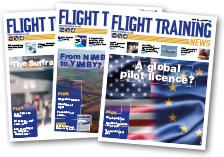The UK National Air Traffic Service (NATS) is urging pilots to carry-out proper pre-flight planning in order to avoid unintended and unauthorised entry into controlled airspace. So called ‘infringement’ incidents have been increasing in the UK and are viewed as a significant hazard in particular by controllers responsible for areas of controlled airspace.

NATS say that every year, their air traffic controllers see approximately 600 unauthorised entries into controlled airspace, with each causing delays for up to 30 airliners, 5,000 passengers and wasting £50,000 worth of fuel. NATS also claim that almost every incident, no matter how brief, involves widespread knock-on effects for other pilots and air traffic controllers who must take immediate action to maintain separation between infringing aircraft and other aircraft under their control.

Based on pilot reports following infringement, the five main reasons for infringing are
- Pilot workload;
- Misidentification of land features;
- Poor or incorrect pre-flight briefing;
- Inadequate knowledge of airspace; and
- Unplanned changes in route or altitude.
NATS say that there are a number of practical and low cost initiatives that pilot can take can minimise the risk of infringement:
- Ensure controlled airspace is identified in pre-flight planning by using tools such as moving map products from SkyDemon and Airbox
- Turn transponders on and set to mode Charlie (Alt)
- Use listening squawks
- Use an airspace alerting device
- Make contact with local air traffic control when flying near controlled airspace
- If in doubt, utilise the Flight Information Service or contact Distress and Diversion on 121.5MHz
Blain Kelly, Terminal Control Safety Manager for NATS, said “Most infringements occur in southern England where the skies are more crowded than in other areas of the country and where there is a complex airspace structure – mainly in the airspace surrounding Heathrow, Luton, Stansted, Southampton, Gatwick and London City airports.
The vast majority of private pilots fly responsibly and in line with the rules, but those who don’t have a serious impact on airport operations, disrupting arrival and departure procedures, delaying passengers and increasing the workload of controllers and pilots.”







